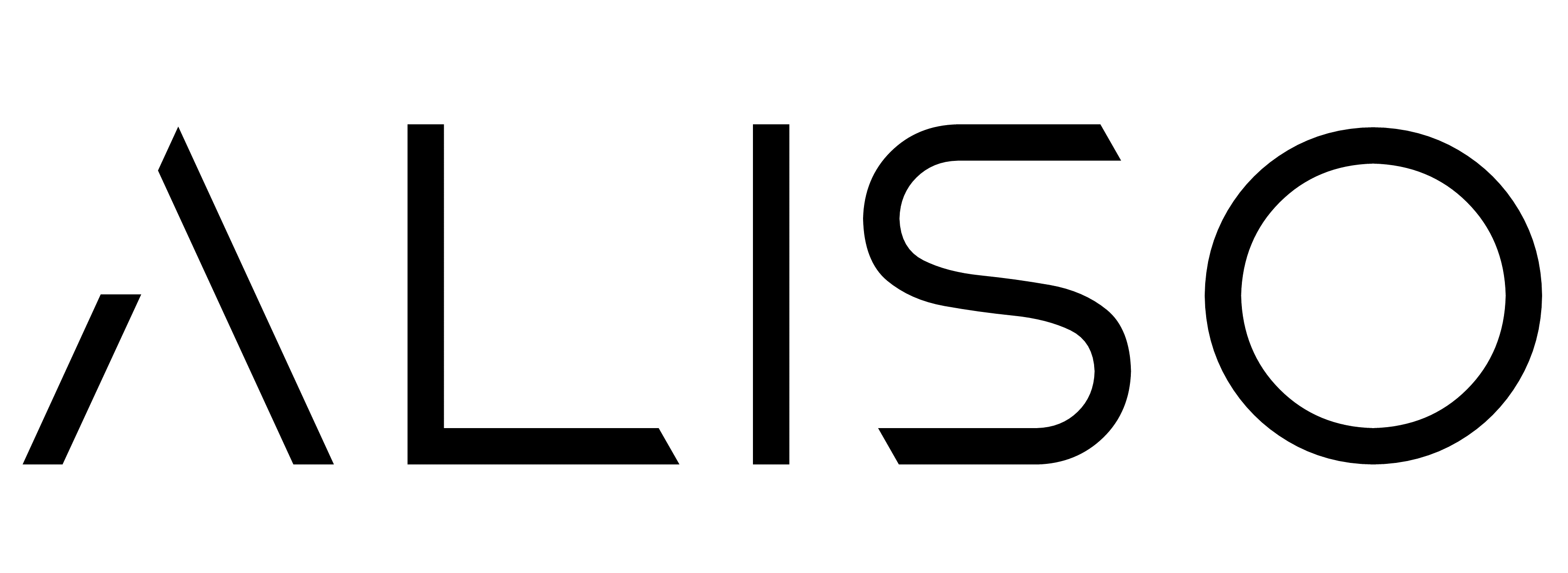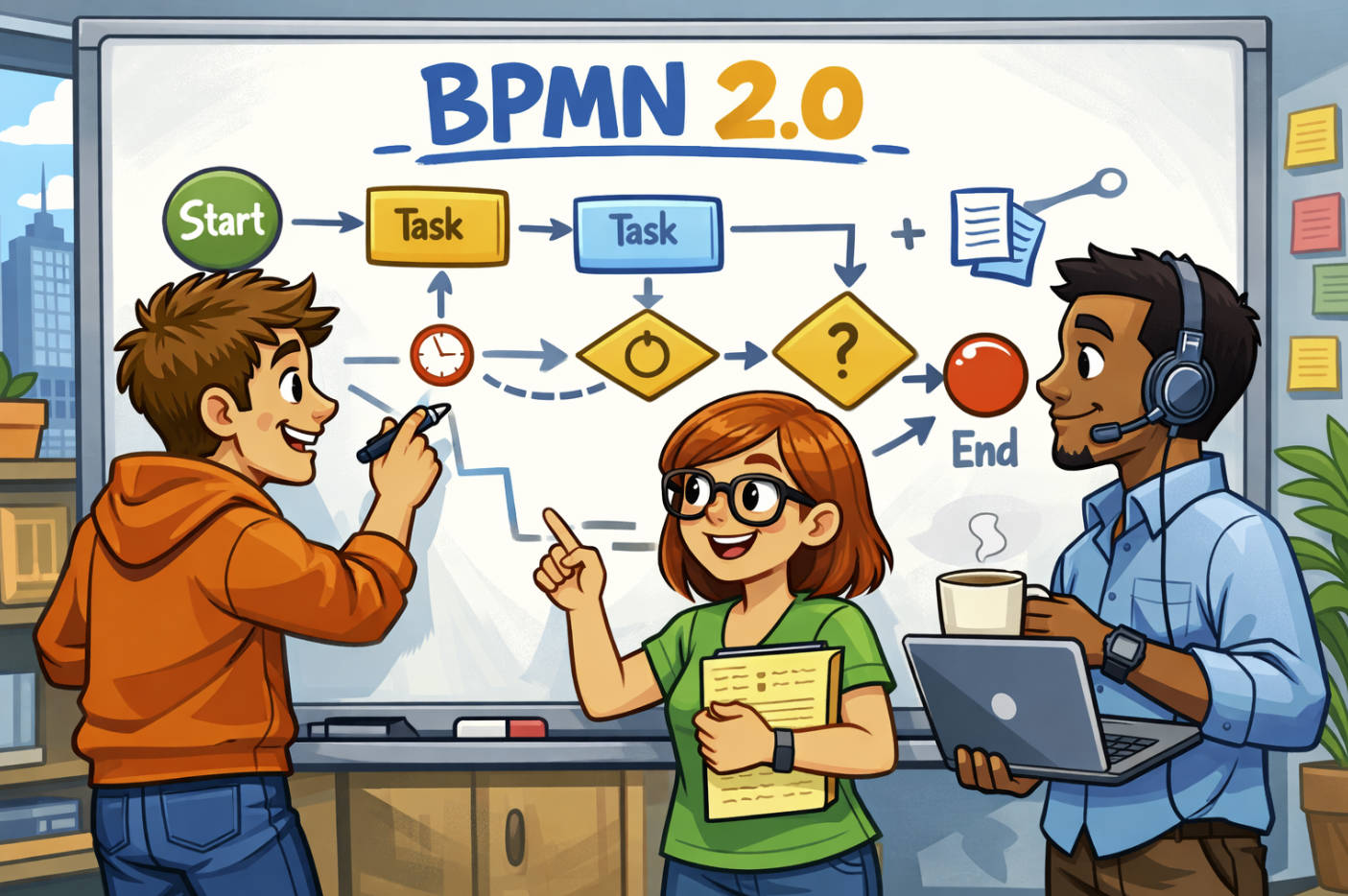Most businesses think writing is just writing.
They need documentation, training materials, or proposals, so they assume any writer can do the job.
But not all writing is the same, and hiring the wrong kind of writer can cost time, money, and opportunities.
Technical writers, bid writers, and instructional designers each have a unique skill set.
Choosing the right one makes all the difference between clear communication and total confusion.
Here is how to tell which one your business actually needs.
What Does a Technical Writer Do?
A technical writer takes complex information and makes it clear and usable.
They create:
✅ User manuals
✅ Process documentation
✅ Standard operating procedures (SOPs)
✅ Knowledge bases
✅ Software documentation
✅ Technical reports
A good technical writer is not just a writer—they are a problem-solver.
They work with subject matter experts (SMEs), translate technical jargon into plain language, and create content that helps people do their jobs correctly.
If your business needs structured, accurate documentation for processes, systems, or products, you need a technical writer.
What Does a Bid Writer Do?
A bid writer creates compelling proposals that help businesses win contracts, grants, and tenders.
They focus on:
✅ Government tenders
✅ Business proposals
✅ Grant applications
✅ Funding submissions
✅ Expression of interest (EOI) documents
A bid writer’s job is not just about writing—it is about persuasion.
They research requirements, craft winning responses, and position businesses as the best choice.
One mistake in a bid document can mean losing a multi-million-dollar contract.
If you are competing for business and need to stand out, you need a bid writer.
What Does an Instructional Designer Do?
An instructional designer creates learning experiences that help people absorb and apply information.
They specialise in:
✅ Training manuals and work instructions
✅ eLearning modules
✅ Process maps and workflow diagrams
✅ Employee onboarding programs
✅ Change management training
A great instructional designer does not just write—they design how people learn.
They use psychology, engagement techniques, and real-world examples to ensure employees understand and remember what they are taught.
If your business is rolling out new systems, processes, or training programs, an instructional designer is your best bet.
The Cost of Choosing the Wrong Writer
Hiring the wrong kind of writer can cause serious problems:
❌ A technical writer instead of a bid writer? Your tender might be clear but not persuasive enough to win.
❌ A bid writer instead of an instructional designer? Your training materials may sound great but fail to teach employees effectively.
❌ An instructional designer instead of a technical writer? Your SOPs could be engaging but lack the detail employees need.
The wrong choice means wasted time, missed opportunities, and money down the drain.
Knowing the difference saves you from these costly mistakes.
How to Choose the Right Writer for Your Business
If you are not sure which writing expert you need, ask yourself:
📌 Do I need clear, structured documentation to support business processes? → Hire a technical writer.
📌 Am I trying to win contracts or funding? → Hire a bid writer.
📌 Do I need training content that helps employees adopt new systems? → Hire an instructional designer.
Hiring the right expert makes sure your message is clear, effective, and fit for purpose.
It is not just about writing—it is about getting the right result.
Takeaway
Good writing is not just about words—it is about function.
Technical writers, bid writers, and instructional designers serve different purposes, and choosing the right one makes all the difference.
Before you hire a writer, know what your business actually needs.
The right expert will save you time, prevent confusion, and get the job done properly the first time.






